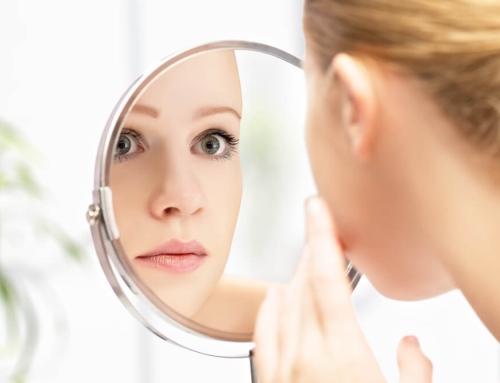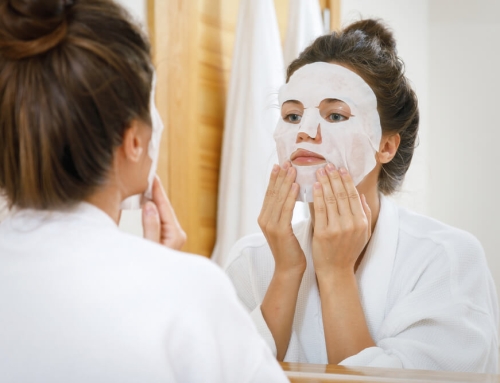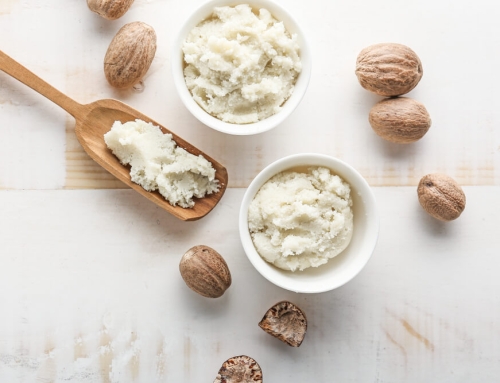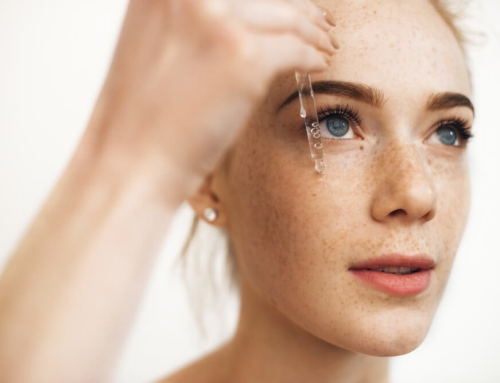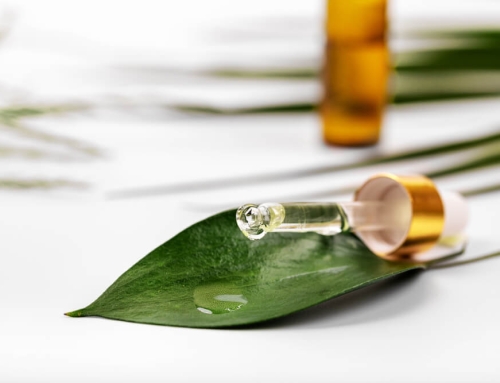Multivitamins are an important part of something you can do in your day to ensure you stay in optimal health. They replenish vitamins and minerals in which you may have lost for one reason or another, and they also provide us with elements, minerals and vitamins we lack naturally. Sometimes, it can be necessary to include other supplements, such as Biotin for hair, skin, and nail growth into our daily routines, or other vitamins such as vitamin C if we are fighting a cold.
OROGOLD would like to explore the topic of how vitamins can affect your appearance, and how.
What Vitamins Can Affect Appearance?
There are many different types of vitamins one could take and incorporate into their daily routine to affect our appearance on purpose. Some people opt to take Vitamin C, which can aid in skin cell regeneration and help heal damaged skin, as well as Vitamin A, which also has skin healing properties. Some choose to take Vitamin E to destroy stretch marks, diminish fine lines, and aid in fighting wrinkles. Other people opt for something like Biotin, as mentioned above, which can drastically improve your appearance by providing you with longer, more lush hair, stronger, longer fingernails, and alleviating skin problems. Some choose to take herbal supplements, which can give a more youthful appearance. No matter what you choose to take on a daily basis, these vitamins can help you to look and feel better.
There are some vitamins, or supplements, however, which may not be so great for your appearance. Let’s discuss them below.
Colloidal Silver
This supplement is a mineral which is generally taken to alleviate myriad symptoms from many different ailments, such as emphysema, lupus, eczema, psoriasis, and so on. This particular mineral has actually been labeled as a ‘misbranded’ supplement by the FDA, due to it’s inability as shown in various studies to actually provide any type of relief to any of these diseases and conditions. Furthermore, for certain individuals, this particular mineral can have the horrible side effect of turning a person’s skin a blueish tint, known as argyria, which lasts a lifetime. There is no treatment for the blue tint to the skin, and it can be quite dramatic.
Niacin
Niacin is a mineral produced by the body naturally, however some people do choose to take an added supplement in their daily health regimen to lower high cholesterol and keep it regulated. Although reversible after stopping use, Niacin is known to cause reddened skin, which looks flushed all day long. If this particular side effect plagues you, it’s advisable to discontinue use (with your doctor’s approval, of course) and your skin will return to its natural hue.
OROGOLD hopes this guide provides you with an intricate, concise look at how vitamins and supplements can affect your appearance. As with anything, before beginning a new supplement or vitamin, always check with your doctor to make sure that particular vitamin or mineral is right for you.

